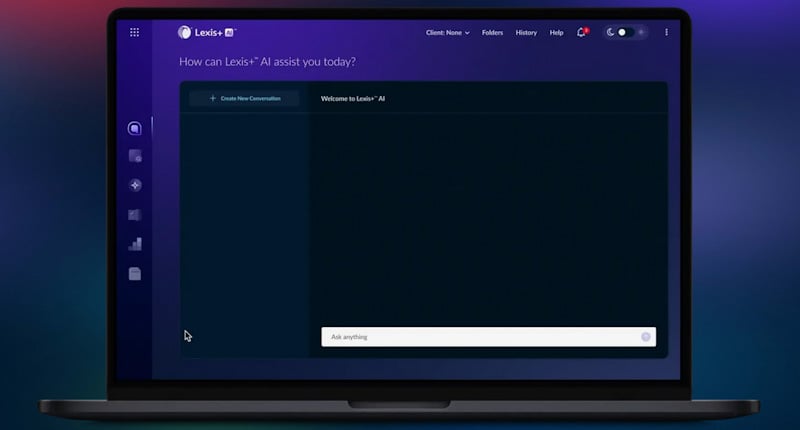Worker Is Protected from Retaliation Due to Fiancée's Bias Complaint, Supreme Court Rules
A worker fired after his fiancée filed a discrimination complaint against their mutual employer may sue for unlawful retaliation under Title VII, the U.S. Supreme Court has ruled.
Justice Antonin Scalia wrote the opinion (PDF) for the unanimous court. Justice Elena Kagan did not participate in the decision. Bloomberg, the Associated Press, Reuters and SCOTUSblog have news of the decision.
The case was brought by Eric Thompson, who said he should be protected under retaliation provisions that cover workers who have opposed, charged or testified about discrimination. Thompson was fired three weeks after his fiancée, Miriam Regalado, filed a sex discrimination complaint with the Equal Employment Opportunity Commission against the company that employed them, North American Stainless.
The en banc 6th U.S. Circuit Court of Appeals based in Cincinnati had ruled that Thompson was not among the class of people protected by federal discrimination law because he did not make a discrimination complaint or engage in other protected activity. The U.S. Supreme Court reversed.
“We conclude that Thompson falls within the zone of interests protected by Title VII,” Scalia wrote. “Thompson was an employee of NAS, and the purpose of Title VII is to protect employees from their employers’ unlawful actions. Moreover, accepting the facts as alleged, Thompson is not an accidental victim of the retaliation—collateral damage, so to speak, of the employer’s unlawful act. To the contrary, injuring him was the employer’s intended means of harming Regalado. Hurting him was the unlawful act by which the employer punished her. In those circumstances, we think Thompson well within the zone of interests sought to be protected by Title VII.”
North American Stainless had argued that a decision for Thompson would force the courts to engage in difficult line-drawing. A fiancée might be protected, the company said, but what about a close friend, a girlfriend or a trusted co-worker?
Scalia acknowledged “the force of this point,” but said it did not justify a categorical rule that declines to protect third-party reprisals. He also refused to do much line-drawing. A fired close family member would likely be protected from retaliation, he said, while a mere acquaintance who is subject to a mild reprisal will almost never be protected. “Beyond that we are reluctant to generalize,” he said.
The case is Thompson v. North American Stainless.



